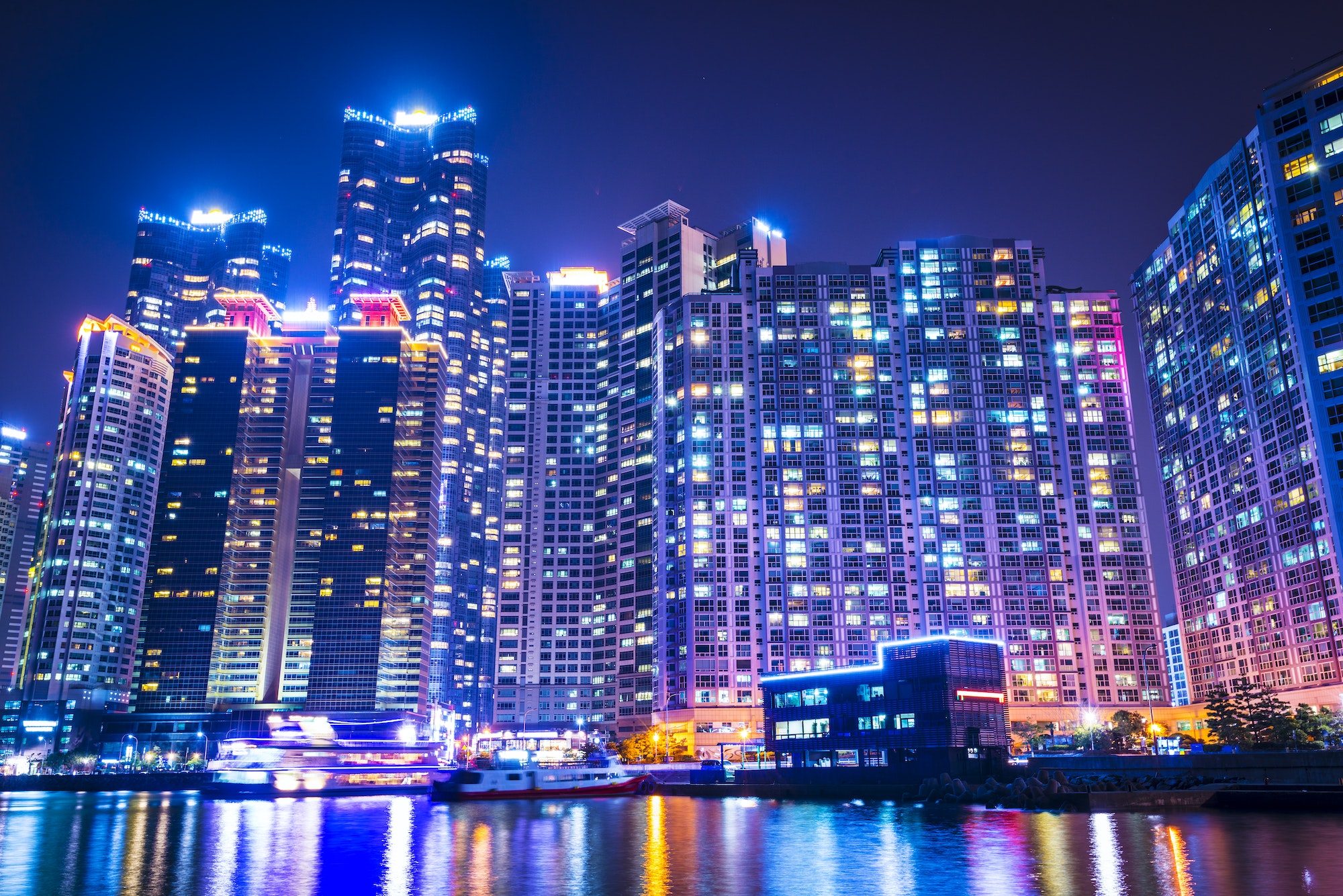Why APT(Apartments) in South Korea Are More Than Just Homes
In South Korea, apartments symbolize more than just a place to live. They represent wealth, status, and social hierarchy. Discover why apartments dominate Korean real estate and pop culture.
1. Apartments as Status Symbols in South Korea
In South Korea, apartments (아파트, “APT”) are not just housing—they are symbols of financial success and social prestige. Unlike in Western countries, where people aspire to own single-family houses, South Koreans consider high-rise apartment living the ultimate goal.
Apartments dominate the South Korean real estate landscape, especially in major cities like Seoul and Busan.
The most prestigious apartments are located in Gangnam, Seocho, and Yongsan, where a single unit can cost millions of dollars. These areas are highly sought after because of their:
• Top-rated schools and educational institutions
• Luxury amenities and exclusive communities
• Proximity to business districts and entertainment hubs
Owning an apartment in these prime locations is seen as a sign of success, making real estate a key driver of social hierarchy.
2. How Apartments Define Social Class
In South Korea, the phrase “Where do you live?” often implies more than just an address—it’s a way to gauge a person’s financial and social standing. Expensive apartment complexes like The H On The Hill in Hannam-dong or Tower Palace in Gangnam are home to CEOs, celebrities, and politicians, reinforcing the idea that housing defines social class.
Even within apartment complexes, hierarchy exists. Higher floors with better views typically cost more, further emphasizing exclusivity. This preference for vertical status has even inspired the “Gold Spoon vs. Dirt Spoon” debate, where wealth inequality is reflected in housing choices.
3. Apartments in Korean Pop Culture
Apartments have also made their way into Korean pop culture. Many K-dramas and films highlight the struggles of buying a home, portraying real estate as a major life milestone.
For example:
• In “Parasite” (2019), the contrast between a wealthy family’s luxury apartment and a poor family’s semi-basement home showcases Korea’s real estate divide.
• K-dramas like “Penthouse” revolve around power struggles in luxury apartment complexes, reinforcing their social importance.
Even in K-pop, apartments have been referenced in lyrics and trends, showing how deeply they are embedded in Korean society and aspirations.
4. The Economic Impact of Apartment Demand
Due to high demand and limited land, apartment prices in South Korea have skyrocketed. In areas like Gangnam, apartment prices have reached over $2 million USD per unit, making homeownership nearly impossible for many young people.
This has led to:
• Severe housing affordability issues
• A widening wealth gap between homeowners and renters
• Government intervention to control rising prices
The South Korean government has attempted to stabilize the market through regulations such as real estate taxes and loan restrictions, but apartment ownership remains a major financial challenge.
Real estate in Seoul is among the most expensive in the world, especially in districts like Gangnam and Yongsan.
5. The Future of Apartments in Korea
With soaring housing costs, some young Koreans are looking for alternative housing solutions:
• Co-living spaces and shared housing are gaining popularity.
• Some opt for suburban homes to escape Seoul’s expensive market.
• There’s growing demand for government-subsidized apartments to make housing more affordable.
Despite these trends, apartments will likely remain the ultimate status symbol in South Korea. Their value extends beyond real estate—they represent success, security, and social standing.
More Than Just a Home
In South Korea, an apartment is more than just a living space—it’s a reflection of one’s wealth, ambitions, and place in society. Whether through luxury real estate, pop culture, or economic impact, apartments continue to shape Korea’s social landscape.
Understanding this unique housing culture gives deeper insight into South Korea’s economic challenges, aspirations, and social dynamics.
Summary:
✅ Primary Keyword: “Apartments in South Korea” (included in title, introduction, and throughout the article)
✅ Secondary Keywords: “luxury apartments in Korea,” “real estate in Seoul,” “Gangnam apartments,” “housing market in Korea”
✅ Image Optimization: SEO-friendly captions for higher ranking
✅ Internal Linking: Encouraging related blog content on Korean culture and real estate



